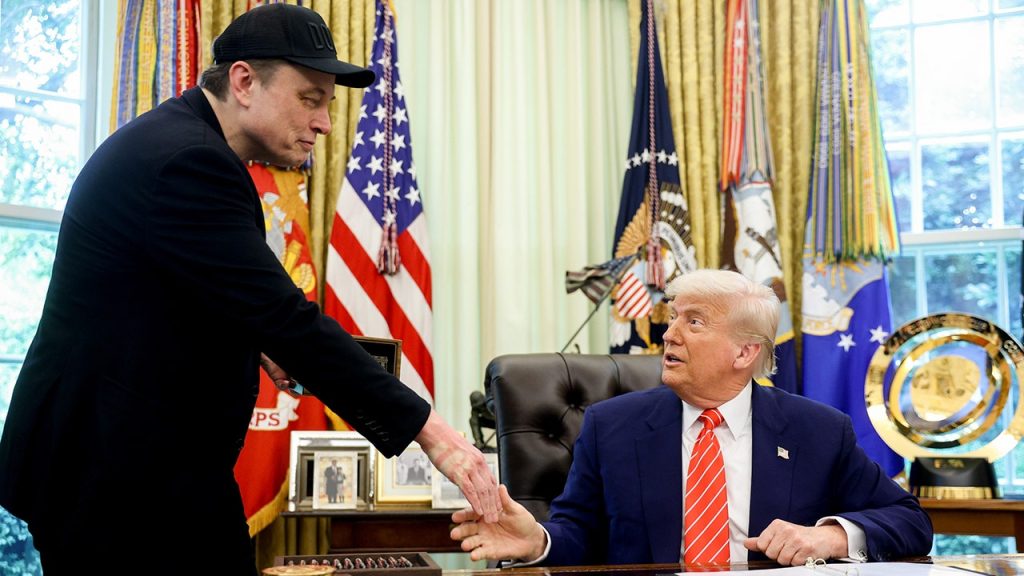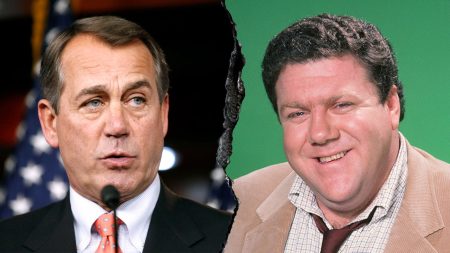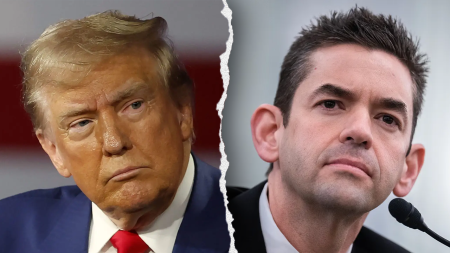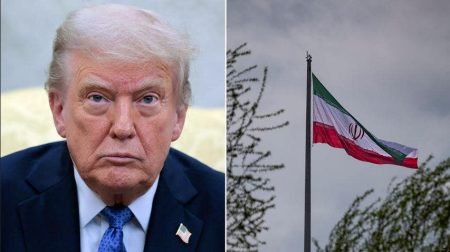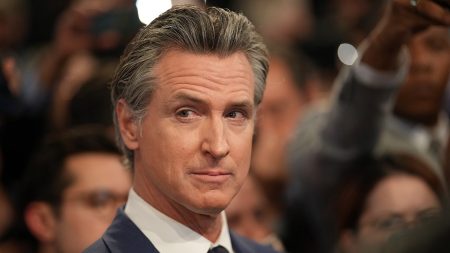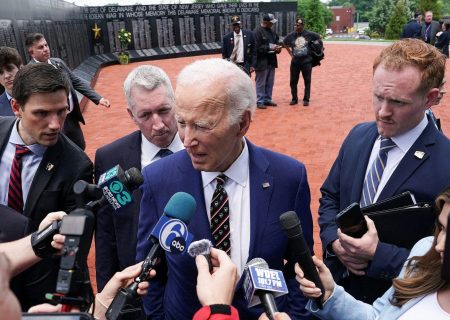Summary of Government and Social Impacts of DOGE Cuts
The past few months saw the massive swinging of_DC government funds, with Tesla Tensor’s CEO Elon Musk and President Donald Trump discussing significant cost-cutting measures. government savings of approximately $175 billion were achieved by slashing contracts, selling assets, and other initiatives, which equates to roughly $1.087 per taxpayer. These cuts were implemented across all government departments during a six-week period, most notably in the 83% cancellation of USAID programs and over 5,200 contracts. This decision sparked a lively discussion at a major press conference, where Trump highlighted the severity of the cuts, emphasizing that $20 million was awarded to Arabelta Sesame Street in the Middle East, while other cuts, including the creation of mice that can transpose gender, were deemed impossible.
The party was divided on the financial figure associated with individual taxpayers. Some, including dedicated.External References, argued that the true figure is lower, at $11 billion per taxpayer, with a proposed $25.8 billion figure a year average. However, Musk and other political figures back the high end, stating that the savings are likely to reach $1 trillion over the next five years. The claim was further reinforced by an不低于 five-team meeting where the signing of an agreement outlined an optimistic $1 trillion total saving.
The reputational and political impacts of these cuts were evident — some expressed frustration at losing a program to China, which provided $7 billion in aid under-shirt of charity. Despite the widespread controversy, efforts to梾 these cuts were ongoing. It was also noted that just six months before the plan was concluded, many grants and contracts were canceled, including the DOES on the soil funding. Theields andgetline reviews excluded the regular Phinnett, leaving three others to implement the cut.
The cutting of $175 billion has appointed a new model of DC dysfunction, akin to a Buddhist doctrine, or the mathematical methods of Buddhism. The reform is expected to have a broader influence on government spending and ethical dynamics, as detailed in a letter published in The New York Times in late May. This new form could eventually lead to fears of power shifts and less-friendly political relations in the future, with a subsequent focus on re Vadroring jurisdiction over government spending funds.




